Ngwa Augustine on fleeing persecution in Cameroon to the US
Ngwa Augustine, an immigrant from Cameroon who received asylum in the U.S. and lives in Wisconsin, describes experiencing political persecution and his escape from Nigeria to Ecuador to Colombia.
By Jane McCauley | Here & Now
October 2, 2024
VIDEO TRANSCRIPT
Ngwa Augustine:
And at that time, why I decided to leave Cameroon, 'cause I was arrested at that time, and I was left for dead. They thought I died, so when they discovered I didn't die, probably they were coming back, so I was scared they were still looking for me. That's why I escaped. It was not like I just, something happened at that time, so I had to escape to Nigeria. Thought Nigeria was safe, and Nigeria, I don't go to the airport. You can just walk to the border and cross, and there's a lot of borders. Like, you just cross, and you are gone. So I was familiar with all the route in Nigeria, so I went to Nigeria to find a safe place, but staying in Nigeria was not that safe because Cameroon government military still going to Nigeria and start arresting people. There's a lot more of these leaders of this Ambazonia fight, they are in prison 'cause they were arrested in Nigeria. You have, like, the head of the Ambaz, then the president of the association was Sisiku — Ayuk Sisiku — is in prison, because they were arrested in Nigeria. So they still arresting a lot of people in Nigeria, and I find out that Nigeria is no longer safe for me, 'cause I stay in Nigeria, you get arrested. So they're going round and around arresting people. That's why I started looking for a way to, the nearest part to escape, and the nearest part, the part come to my, the easy part, because at that time, Cameroon had a visa-free agreement with Ecuador, so I could get Cameroon visa, I could just get a flight, hotel reservation, and I have a 90 days to stay in Ecuador. So, and then I go around, I look for information online, everything, research, and I already have my passport and I paid my flight. I paid everything, and I finally, I flew to Ecuador.
Jane McCauley:
And once you got to Ecuador, what were you thinking?
Ngwa Augustine:
I was thinking that maybe Ecuador is safe for me to like, I've signed on everything, bring my family, but the thing that disturb me, I couldn't stay in Ecuador 'cause it was a language. I couldn't speak Spanish as you know, and Ecuador, I was looking, when I was in Ecuador, I looked like I'm a kind of different human being that come from separate, different world, you know? And there was a lot of police discrimination. I said, "Oh, this is what, simply what I'm running away from, I'm still saying right here." They arrest you on the road, collect money from you or there was a lot of harassment, like harassment money. I couldn't stay in Ecuador, and I only had 90 days to stay in Ecuador, and I can't risk going back, coming back to Africa at that time, so I move ahead from Ecuador, I moved to Colombia. From Colombia, I spent like two, some, three months or something in Ecuador or something — like I can't really pinpoint where about that kind of range. I moved next toward to Colombia. Colombia was kind of violence. I remember the time I entered Colombia, they had to stop us on the road and they say rebels were fighting with guns exchanged and the police or military, whatever. I said, "No," and there was a lot of drugs, things goes on in Ecuador, in Colombia, sorry, and Colombia was no longer, I said, "Ah, this place, I can't even understand what they're saying. I cannot understand the language." It was a language barrier. You know, one of the greatest problem in Cameroon was language barrier — because I couldn't speak French, I was less favored. Like I was not treated equally with the French-speaking Cameroonian, so that was one of the problems. Said the same thing with staying here — I can't speak Spanish. I don't see myself in Spanish right now and use, OK? So I moved to the next country. That was Colombia. Colombia moving was a challenge because all the way for me to leave Colombia and come to the next country was through the Darien Gap, and I bet you, I think I said I passed through it because I don't know what happened, because it was, I can't even describe it 'cause I passed through like dead, like I died and I get up in that, this one, I wouldn't wish that for anybody to go to the Darien Gap. It was scary, because the first time was staying in Colombia, we move all the way to Colombia or travel all the way to Colombia or go to one border they called Necoclí or Capurganá, OK, Necoclí, you take boat, local boat, and those boats, some of them, when I went, when we just arrived at the border, those boats, they just brought people like they died from the river. Like they had drowned, 'cause the boat had to, you know, those wave, the boat just, everything just exploded and everything just like in pieces — the wood, it's a wooden boat, you know? And it was kind of risky. It's kind of scary, because you have to travel from that boat for us to an, it's not really an island, they call it Capurganá towards the entrance of the Darien Gap. So those was the two things. Either you stay here or you go back or you continue your journey, and we just had to do it. We get into the jungle, and the jungle was scary. Scary as that. A lot of snakes, a lot of things, a lot of people died.
 Passport
Passport




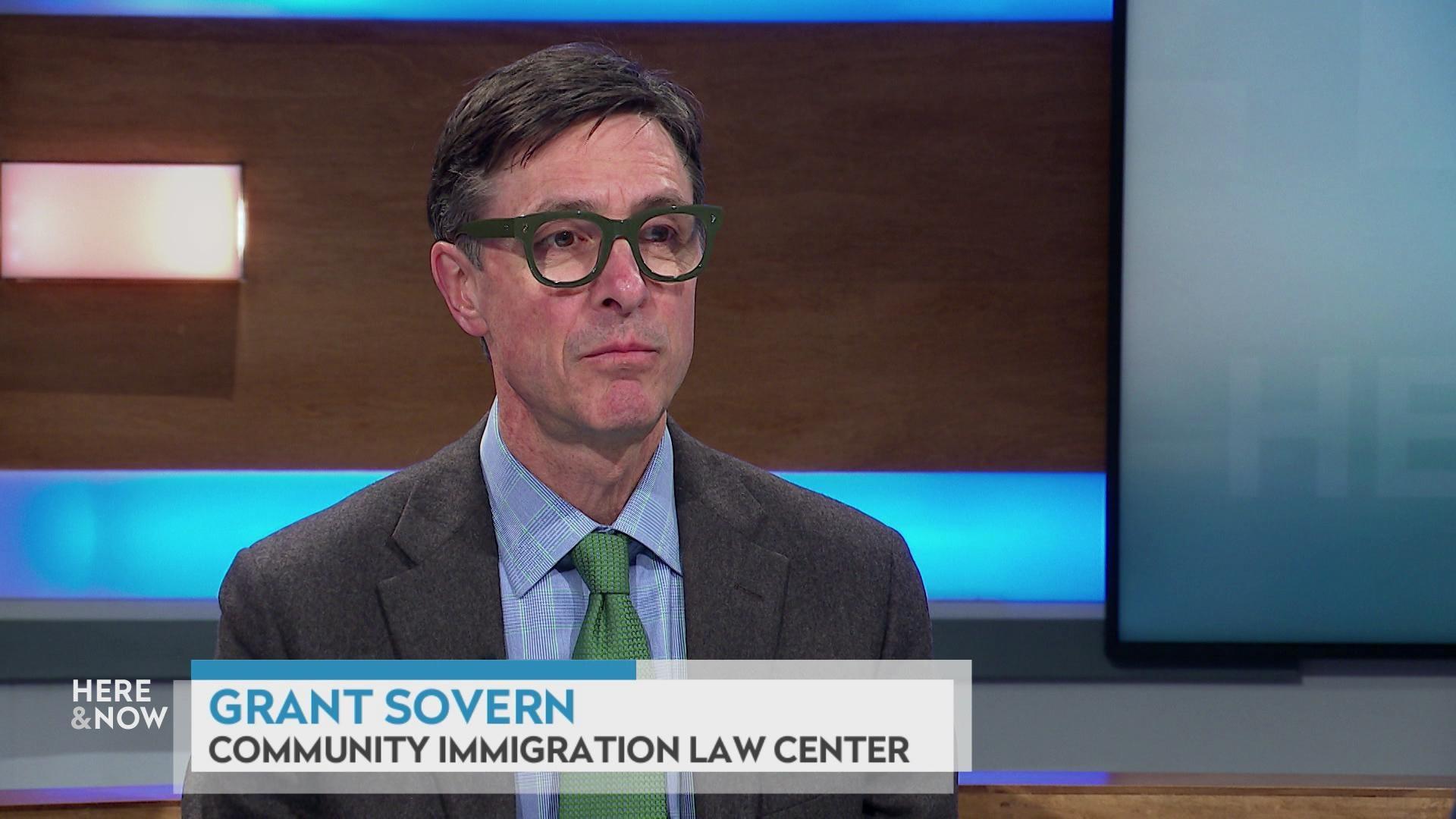
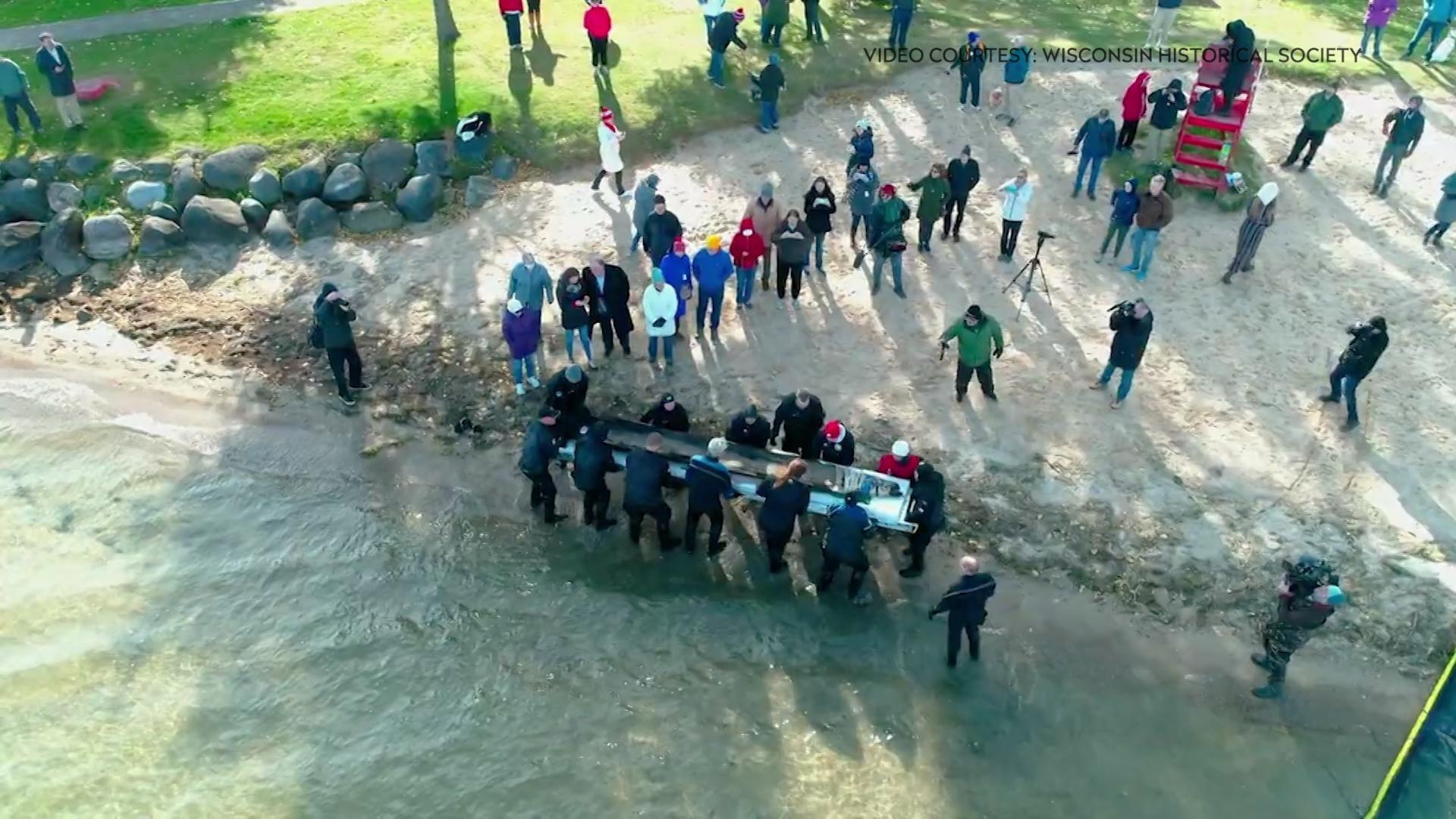
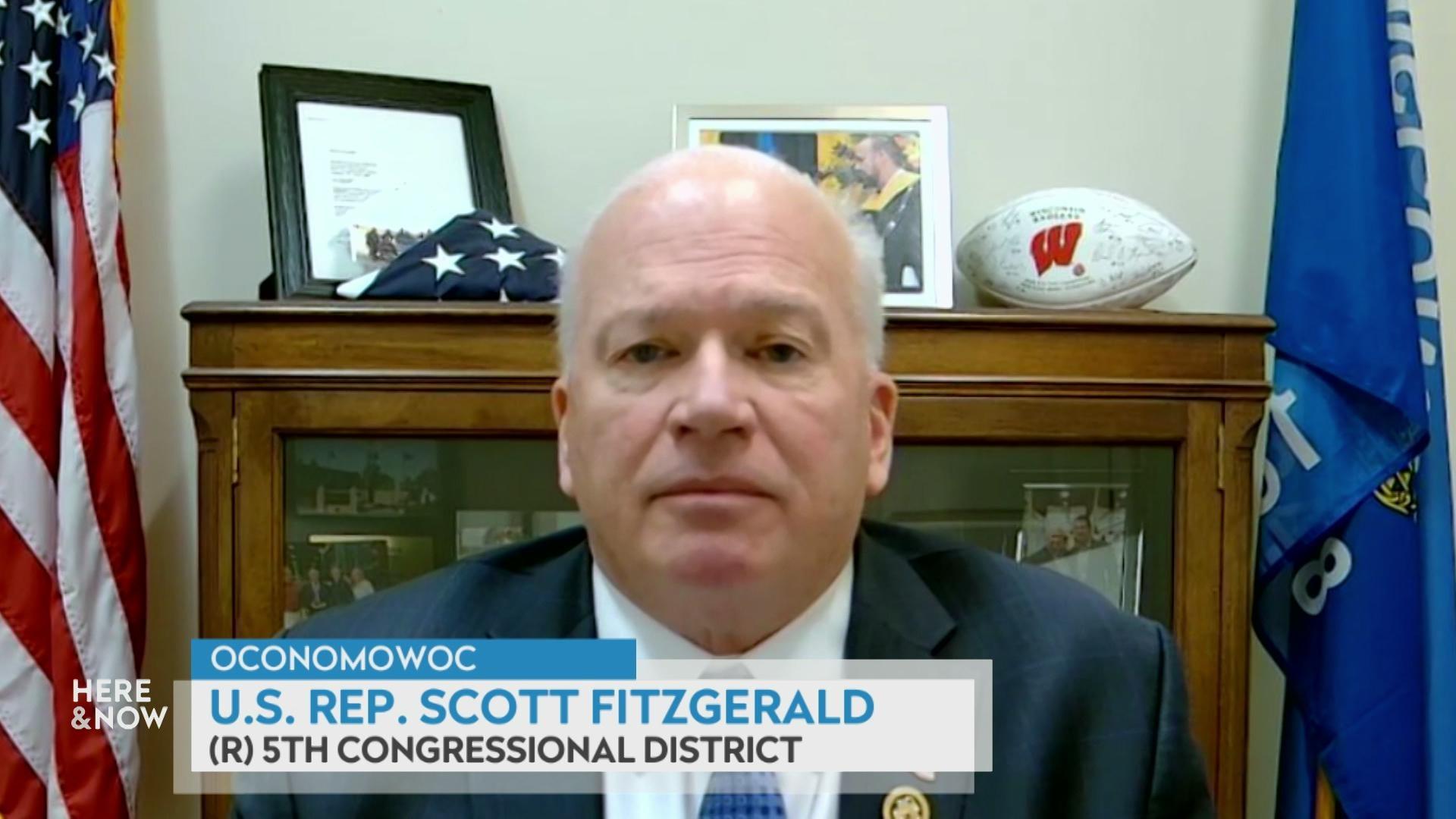
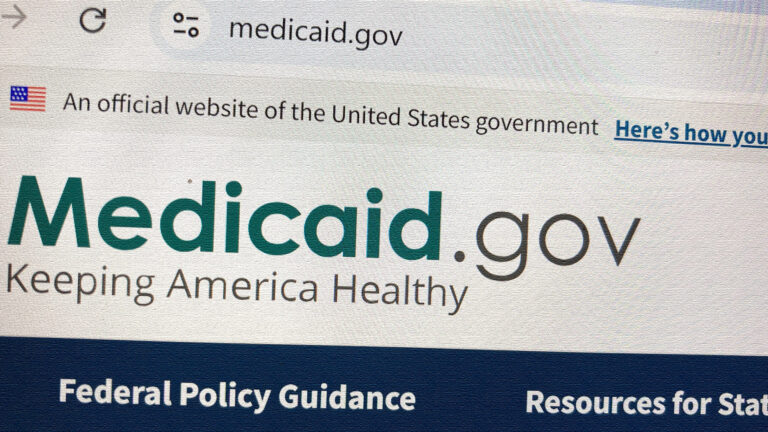
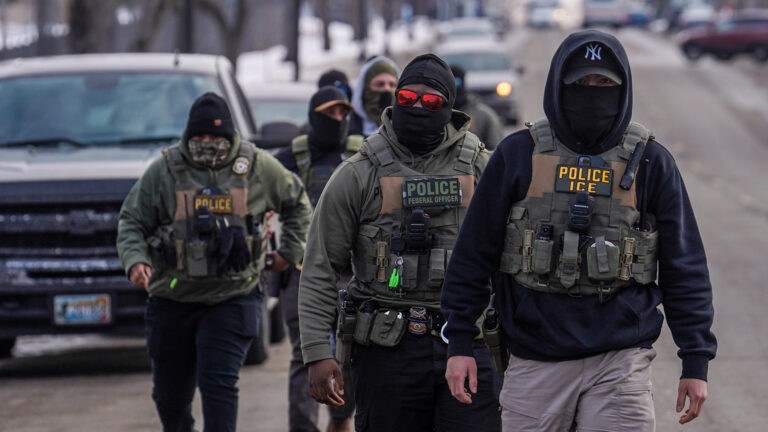
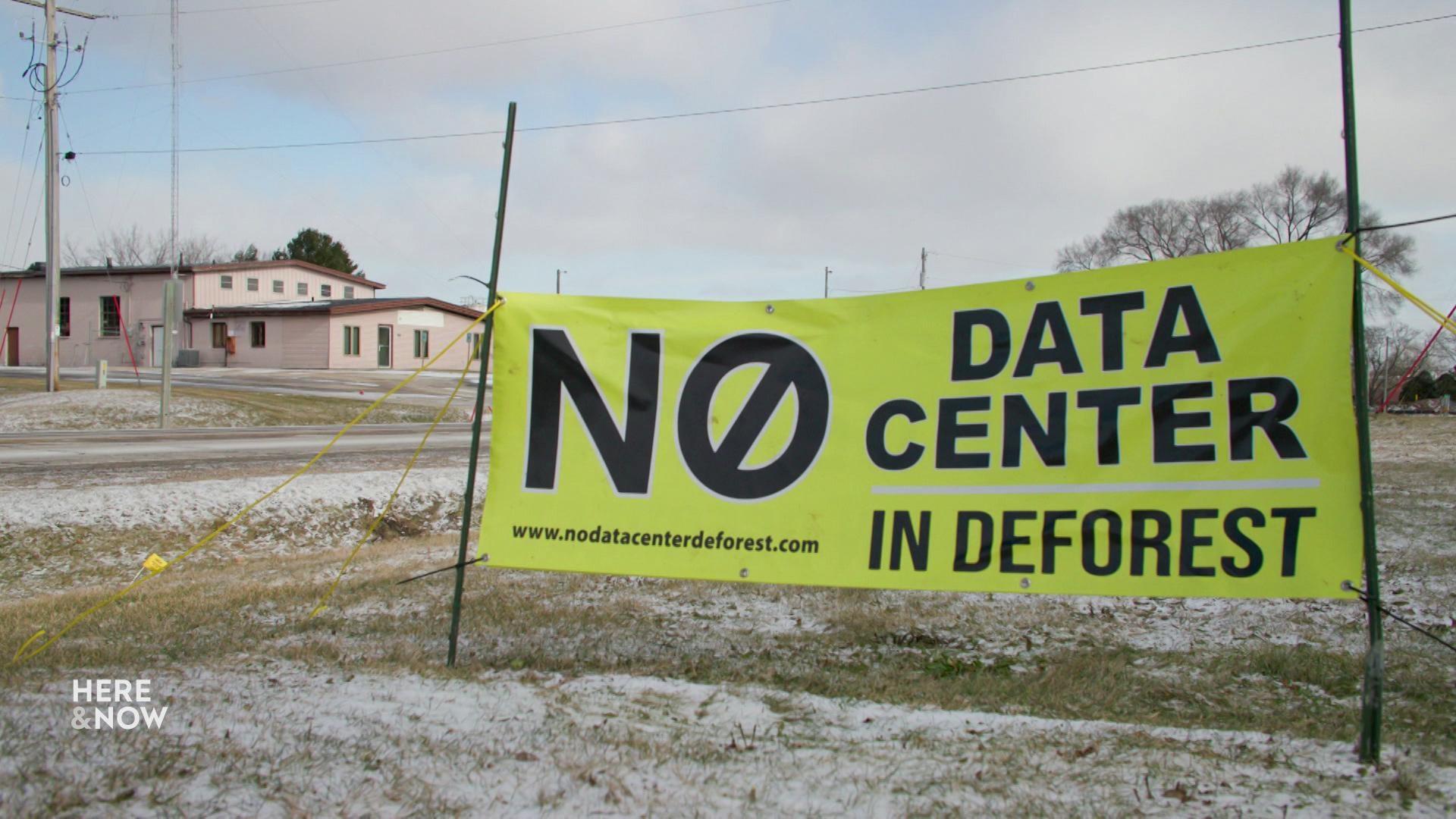

Follow Us